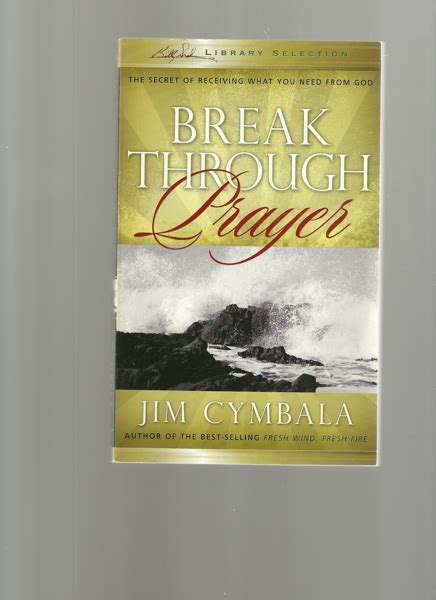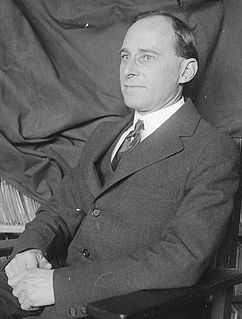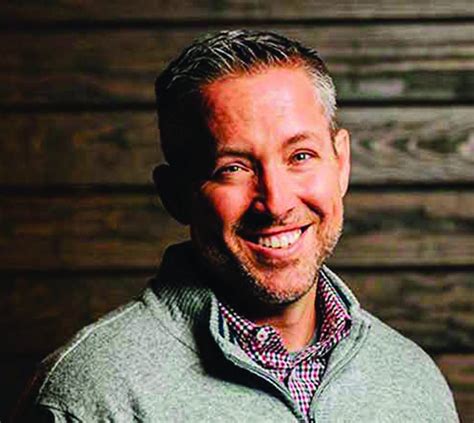A Quote by Philip Yancey
... the approach of admitting our errors, besides being most true to a gospel of grace, is also most effective at expressing who we are. Propaganda turns people off; humbly admitting mistakes disarms.
Related Quotes
Apology is often the first step in correcting a wrong. Having moved for a position of saying 'I don't need forgiveness,' Mr. Trump is now taking a second look at past behaviors, things that he's said and done that he regrets. While he is not asking for forgiveness for being human, he is admitting that he's made mistakes and humbly making apologies.
For some reason a nation feels as shy about admitting that it ever went forth to war for the sake of more wealth as a man would about admitting that he had accepted an invitation just for the sake of the food. This is one of humanity's most profound imbecilities, as perhaps the only justification for asking one's fellowmen to endure the horrors of war would be the knowledge that if they did not fight they would starve.
Progress is the exploration of our own error. Evolution is a consolidation of what have always begun as errors. And errors are of two kinds: errors that turn out to be true and errors that turn out to be false (which are most of them). But they both have the same character of being an imaginative speculation. I say all this because I want very much to talk about the human side of discovery and progress, and it seems to me terribly important to say this in an age in which most non-scientists are feeling a kind of loss of nerve.

































